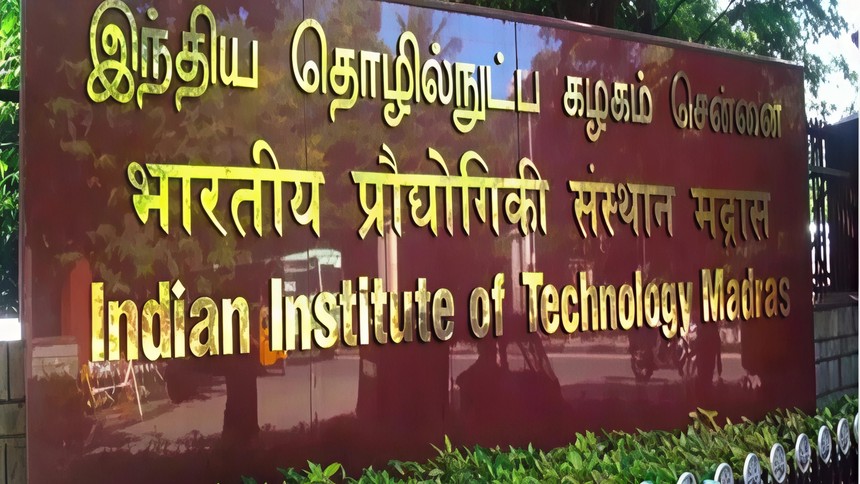Microsoft’s much anticipated next generation AI chip, codenamed Braga, will not enter mass production until 2026. The chip, originally slated for deployment this year, has encountered delays due to multiple internal challenges. According to a report by The Information, unplanned design changes, staffing shortages, and a high rate of employee turnover have all contributed to the delay in bringing the Maia series chip to scale.

This postponement is a notable setback for Microsoft, which has been investing heavily in developing custom AI chips to reduce its dependence on Nvidia’s widely used and costly GPUs. With the AI race intensifying and competition increasing from Google and Amazon, Microsoft’s delay could affect its position in the growing market for high performance computing.
Braga, also known internally as the Maia chip, was first introduced in late 2023. Microsoft aimed to use it in its data centers to support AI workloads and general purpose computing. However, the chip reportedly still falls behind Nvidia’s new Blackwell chip in terms of performance, which puts Microsoft at a technological disadvantage compared to its rivals who are already deploying competitive alternatives.
While Google has been successful with its Tensor Processing Units and Amazon is preparing to release its next gen Trainium3 chip later this year, Microsoft is still in the process of refining its offering. The delay could impact its efforts to scale AI services efficiently across its Azure cloud infrastructure. Microsoft has not issued an official response regarding the delay, but the report suggests that the company is aware of the need to course correct in order to stay competitive.
The development of in house chips has become a strategic move for tech giants aiming to optimize performance and reduce reliance on third party vendors. Companies like Microsoft, Amazon, and Google are prioritizing chip innovation to meet the massive demand for AI processing power while also cutting costs.
Microsoft's custom chip program is still expected to play a crucial role in its long term AI strategy. However, with the postponement of Braga to 2026, the company will likely continue to rely on Nvidia for critical AI tasks in the near term. This delay also gives competitors more time to advance their own hardware solutions and increase market share.
For more updates on AI hardware, tech innovations, and what companies like Microsoft are building behind the scenes, follow Tech Moves on Instagram and Facebook.














